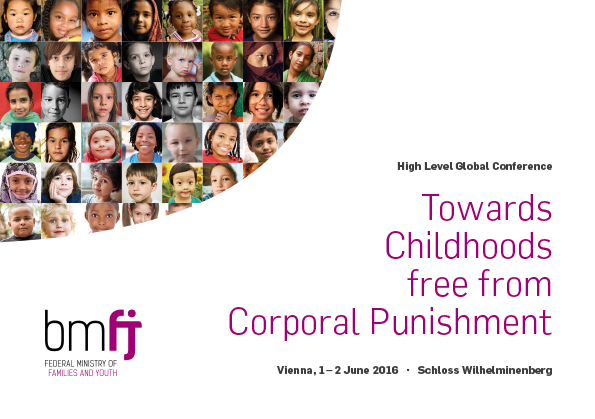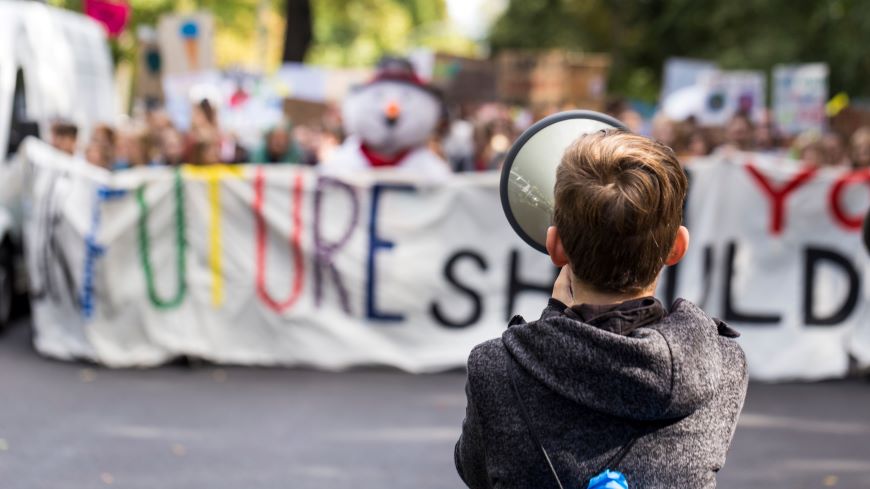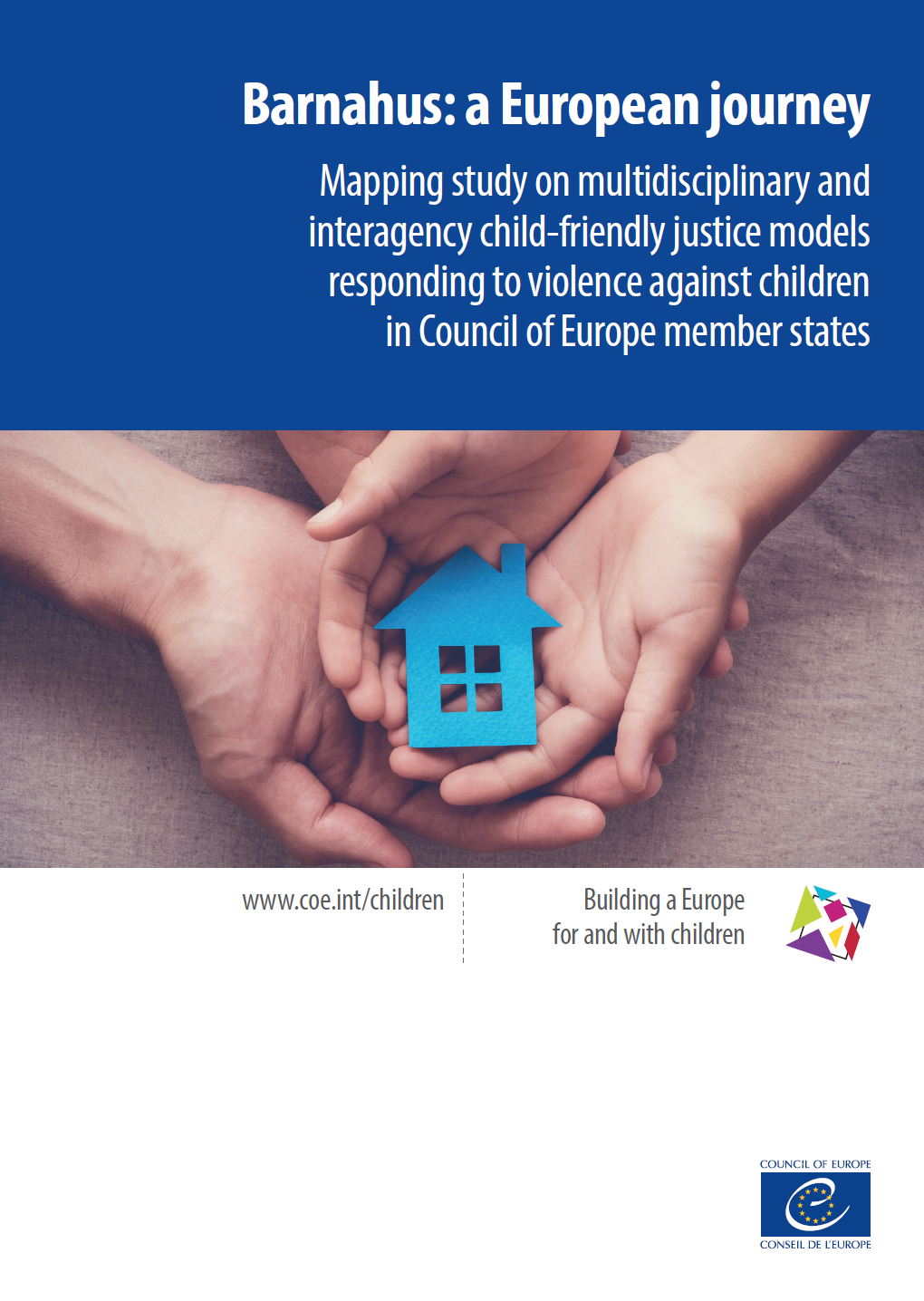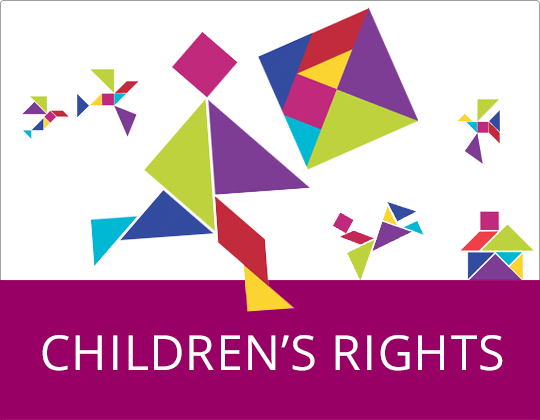The conference “Towards Childhoods free from Corporal Punishment” will take place in Vienna, Austria, on 1-2 June 2016.
This high-level global conference – following on from the inaugural conference hosted by the Government of Sweden in 2014 – aims to celebrate the progress in law reform to protect children from being hit and hurt by parents and others entrusted with their upbringing. But the purpose of this gathering is not solely celebration – it is also to build momentum for further reform. 150 states worldwide, including 18 Council of Europe member States have yet to meet their obligations under the Convention on the Rights of the Child and other international human rights treaties to prohibit corporal punishment, including in the home.
Conference Programme: English / French / German / Spanish
Council of Europe action against corporal punishment
Global Initiative to End All Corporal Punishment of Children: Progress and delay, March 2016 edition










